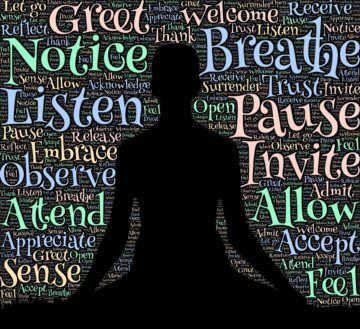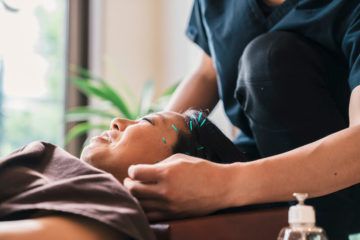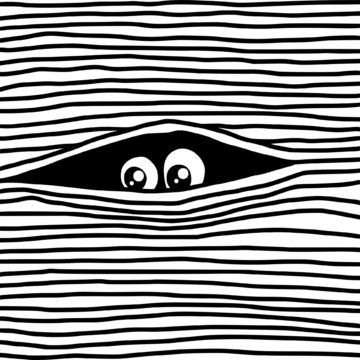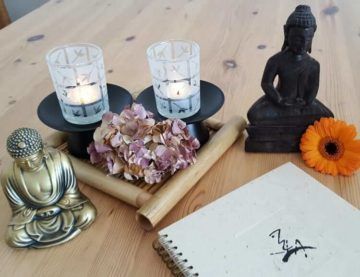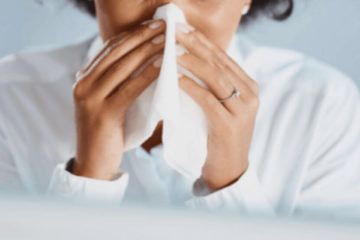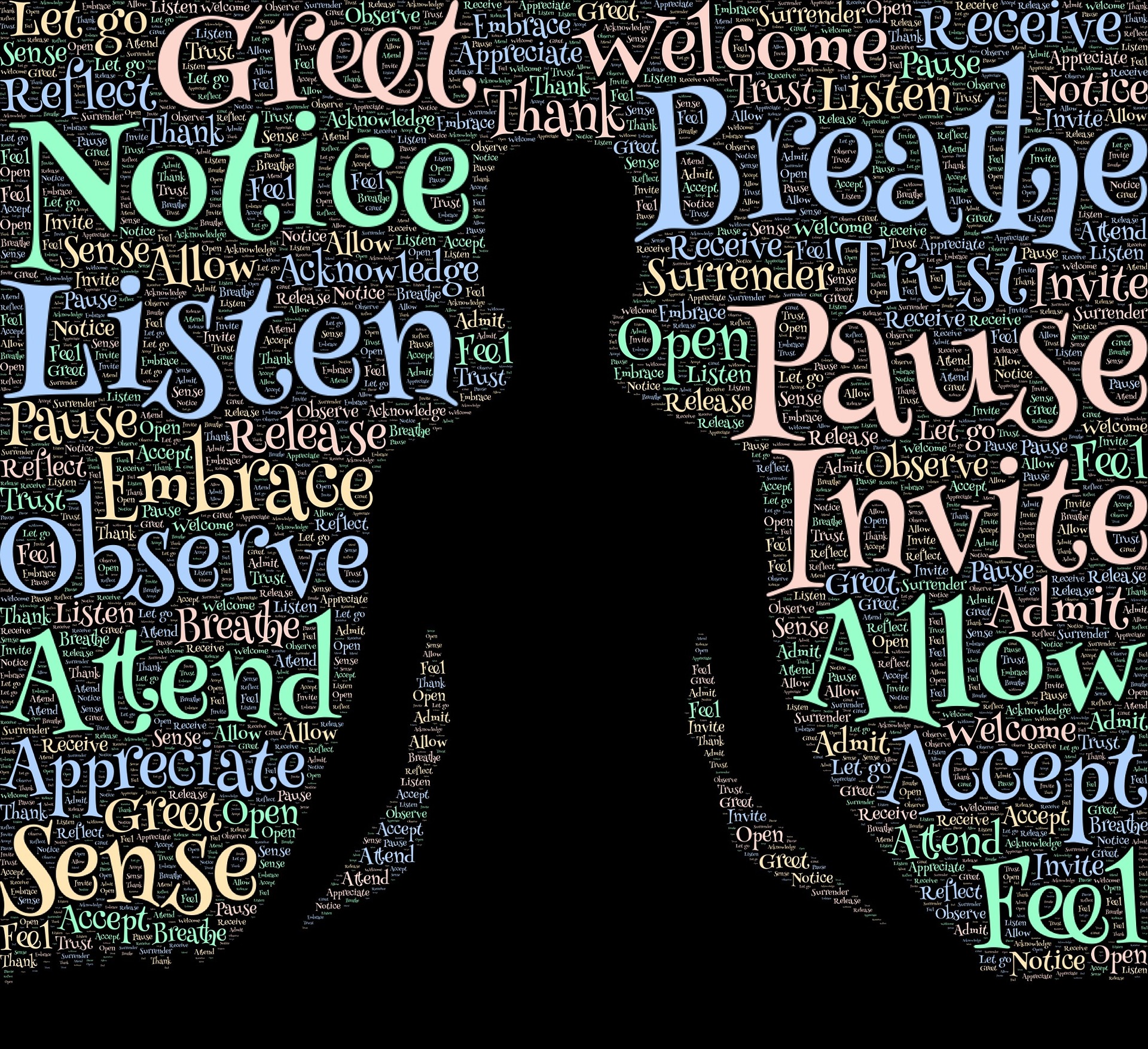
Acupuncture, Mindfulness & Anxiety
The first acupuncture treatments I ever gave were to address anxiety in an addictions setting. These sessions were done in a group setting and utilized a specific auricular (ear) protocol to address various symptoms of anxiety related to depression, insomnia, racing mind and more. The effects of these treatments were immediate and often had an indirect effect on other health issues. Participants in these groups often fell asleep, and even those who were most resistant to the idea of relaxing typically reported feeling “better” after their treatment.
According to a 2020 article published by the National Center for Complimentary and Integrative Health (NCCIH), though many clinical studies have drawbacks in terms of methodology and statistical significance, most do indicate positive outcomes (Anxiety and Complementary Health Approaches, 2020). What does this mean? It means that acupuncture is generally proven to be an accepted treatment for anxiety. However, there is still some work to be done in terms of seeing consistent results in clinical trials.
In my opinion, this is in large part due to the individuality of anxiety in each person. The term “anxiety” is used as a general catch-all for a wide array of physical and emotional experiences related to an increase of cortisol production in a person’s body. We can’t effectively use the same acupuncture protocols to treat someone whose anxiety manifests as digestive disturbances, another who experiences heart palpitations, and a third who experiences racing thoughts or shortness of breath. Clinical trials depend on the same symptoms in participants with the same treatment protocols used across the board. This is very difficult to do with something like acupuncture with treatments that are uniquely tailored to each person and symptoms they are presenting / discussing in each session.
Additionally, we need to look at the underlying causes of feelings of anxiety. Is this long- or short-term? Is this related to a specific event, such as moving, divorce or any other obvious disruptions to one’s feelings of safety and security? Are symptoms related to longer-term situations such as a difficult work environment or caring for a sick friend or family member? Or are one’s feelings of anxiety related to an excess in caffeine consumption, drugs or prescription medications? Given the uniqueness of each person’s experiences, it is very difficult to do clinical trials with large populations and consistent outcomes based on one or two specific protocols that may or may not be used universally in an actual clinical setting.
Here’s what I do know from my experience and research: acupuncture consistently reduces the feelings of anxiety in near-to-all of my clients. Again, because the experience of anxiety is so subjective, the best I can do is ask each person, “how do you feel?’ And after over a decade of asking this question, I can tell you that probably 90% of my clients say, “I feel more relaxed,” after each session. To me, this is proof enough that acupuncture is effective in treating anxiety.
One of the indicators of reduction in feelings of anxiety is that of a decrease in blood pressure. Again, based on my experience, when I take someone’s blood pressure or measure their pulses before and after treatments, the vast majority have lowered pulse rates and blood pressure readings.
I won’t go into all of the boring details here, but a 2021 systematic review and meta-analysis of randomized controlled trials published in the Annals of General Psychiatry concluded that “acupuncture therapy aimed at reducing anxiety in patients with [generalized anxiety disorder] has certain beneficial effects…” (Yang, Xy., Yang, Nb., Huang, Ff. et al.). Of course, further studies are encouraged, but again, given the limitations of studying such an artful medicine, it continues to point to the value of acupuncture in treating symptoms of anxiety.
While I am obviously a huge proponent of the use of acupuncture to help treat symptoms of anxiety, I don’t believe that this has long-term value unless it is partnered with mindfulness practices in a client’s daily life. One of the key qualities of an acupuncture treatment is the opportunity to unplug and be in the moment. In my office, I use soft music and encourage clients to try and slow their thoughts and pay attention to their breathing. Rarely does a session pass without me discussing how to cultivate these feelings of peace in daily life.
The above mentioned 2020 report from NCCIH, summarizes several systematic reviews and meta-analysis that consistently showed a reduction in feelings of stress, anxiety and depression in participants engaged in various forms of relaxation techniques, including mindfulness-based treatment approaches. It indicates the benefits of mindfulness practices in a reduction of missed work days, decrease in usage of health care, and “…reductions of multiple negative dimensions of psychological stress” (Anxiety and Complementary Health Approaches, 2020).
Given that there don’t seem to be any risks involved in using relaxation and mindfulness techniques (be aware that this conversation can change for someone with a history of PTSD), and that the risks from acupuncture are negligible (when performed by a trained, licensed acupuncturist), it makes a great deal of sense to at least give these techniques a chance. A random internet search can provide all kinds of good, free information on different approaches to mindfulness. Even Netflix now has a couple of docuseries that can give you more solid, science-based information about meditation and mindfulness. I recommend exploring the Headspace series on meditation. There’s another series called, “The Mind, Explained,” with episodes devoted to anxiety and mindfulness, respectively. Check these out.
The answer to addressing feelings of anxiety is not to download another app for your phone. In fact, I am a huge advocate of spending less time on your phone and reducing the number of apps and alerts with which you interact every day. The best way to start is to slow down and speak with an experienced professional with a grounded knowledge in “alternative” ways to approach common symptoms of anxiety, depression, pain and other physical and emotional health concerns. Acupuncture and mindfulness techniques can significantly enhance traditional approaches to care, including talk therapy and pharmaceutical interventions. When these approaches are used together, anxiety doesn’t stand a chance.




